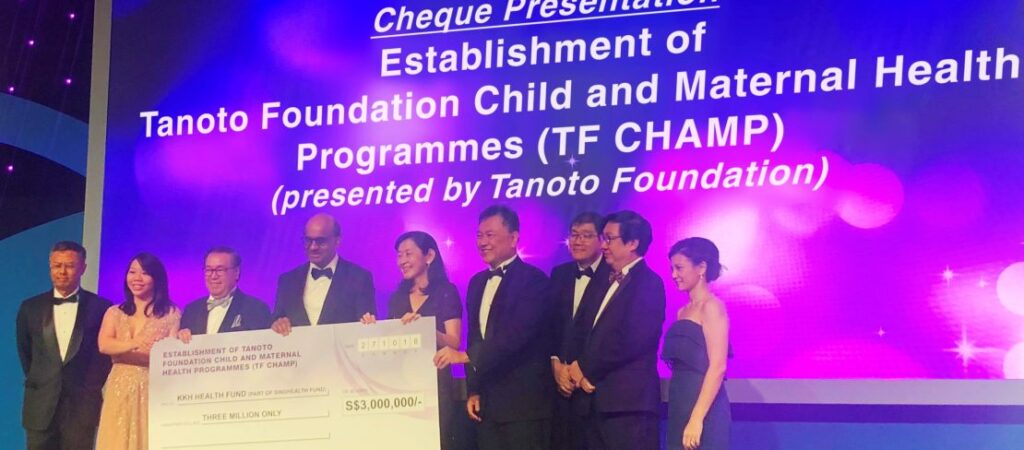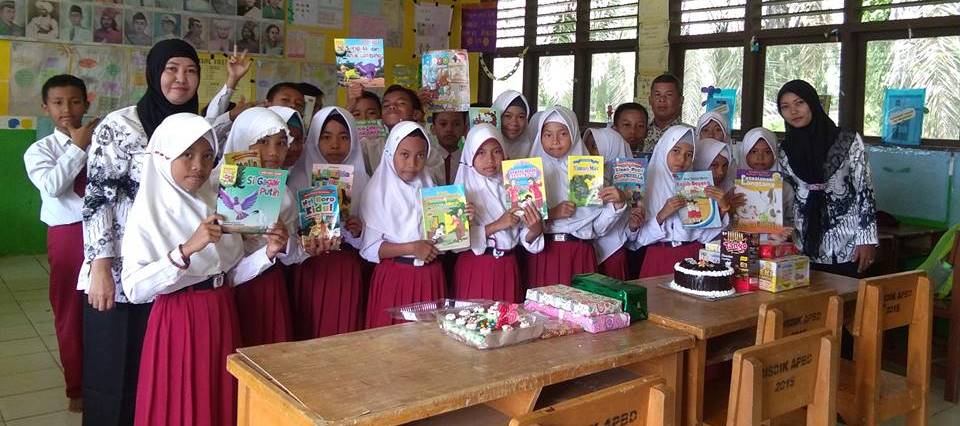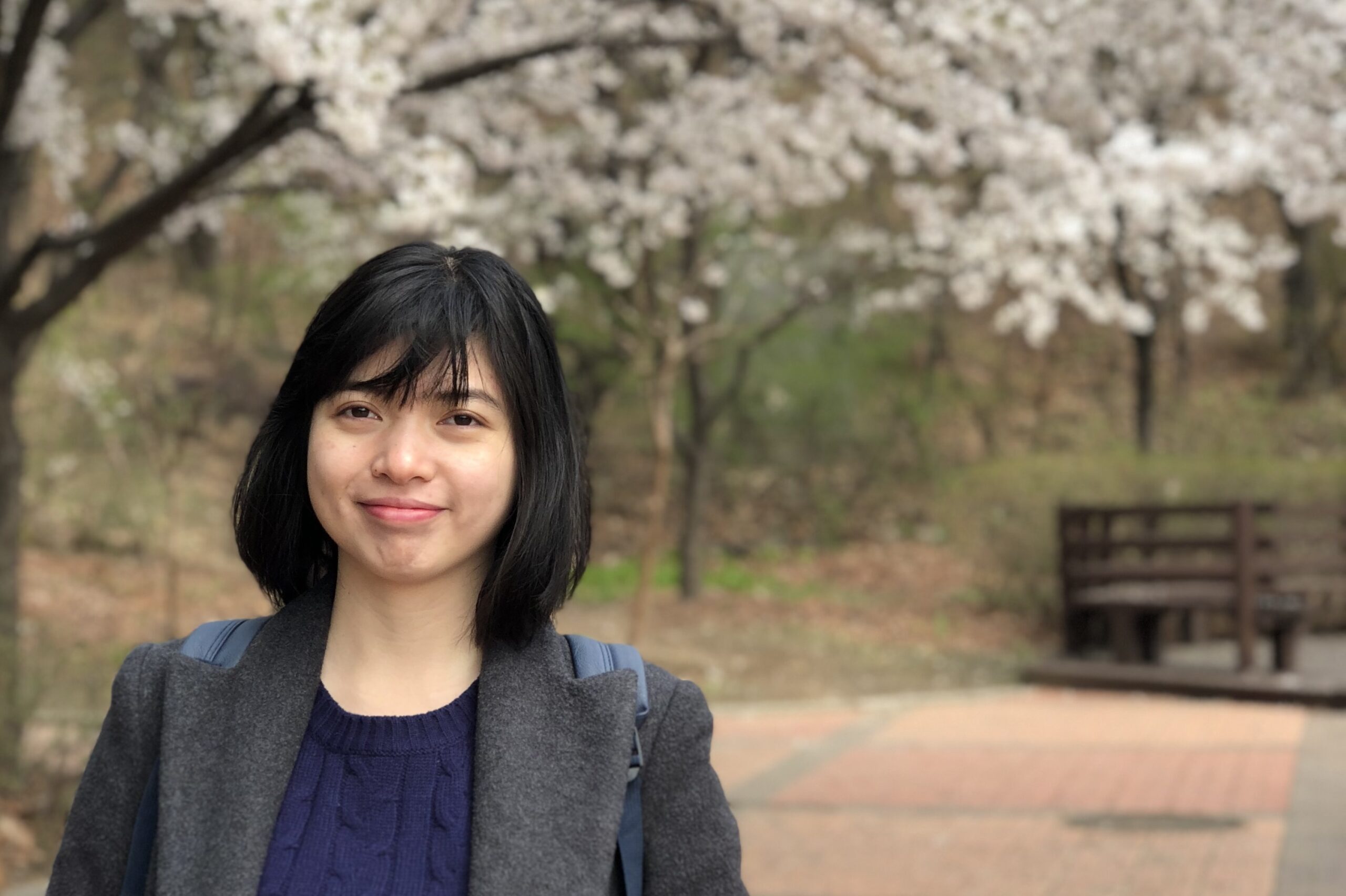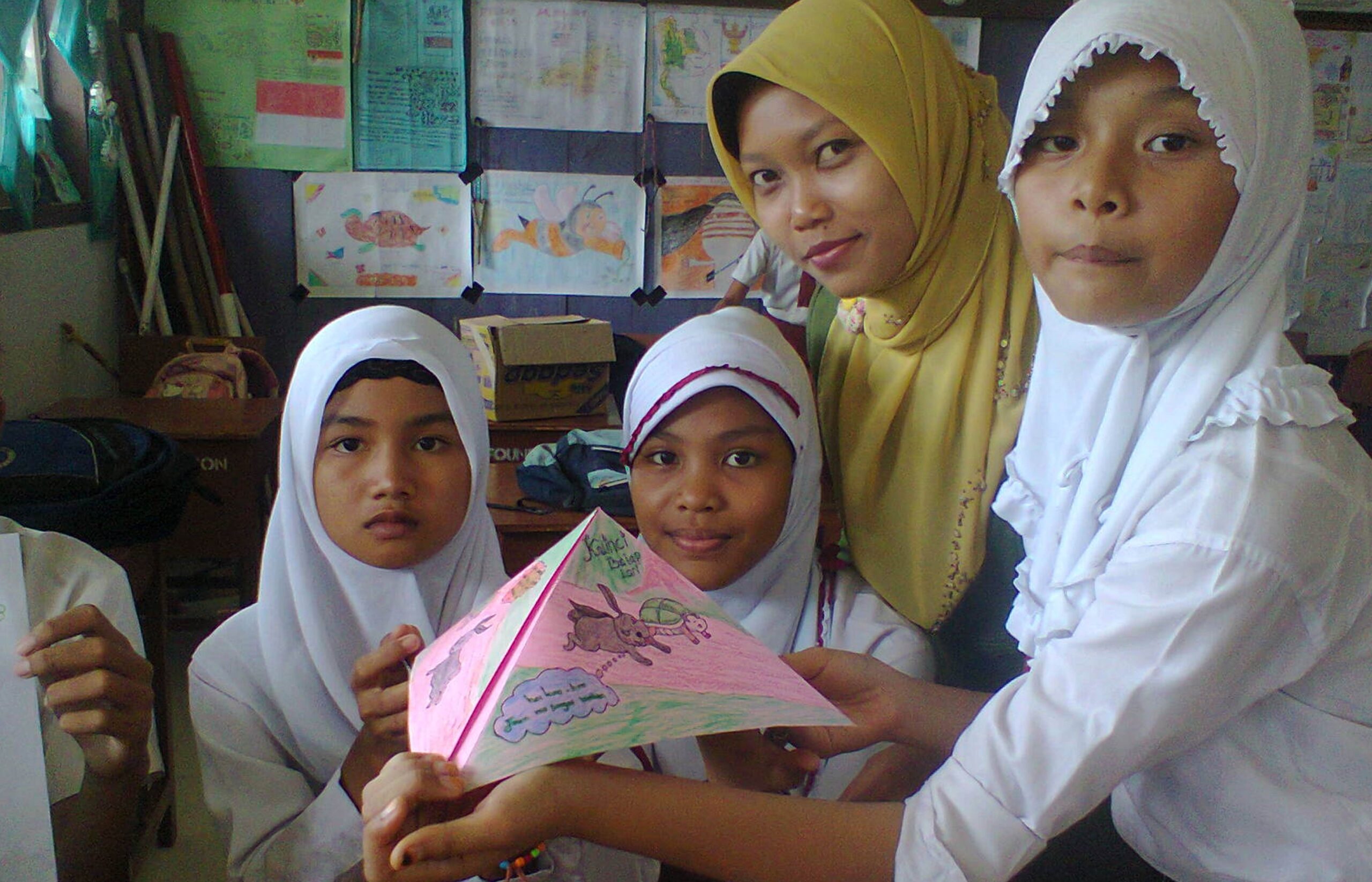In most rural areas in Indonesia, a reading culture has still yet to be fully adopted by students. However, at SDN 173 Tanjung Benanak in Tanjung Jabung Barat, Jambi, things are different.
Although the school is located in an oil palm plantation area, students there have excellent literacy skills and high reading interest.
Among them is Mayla Arista Widya, a sixth grade student at the school. Mayla reads at least eight fiction works a month, including novels and graphic novels. In addition, she also consumes textbooks.
The students’ literacy skills are not just limited to reading, as Mayla and her friends are also capable of writing reports and creating posters, a remarkable achievement for students of their grade level.

However, this feat was not achieved overnight. Mutia Lafrida, Head of SDN 173 Tanjung Benanak, said that it took about three years to improve the students’ literacy skills – a mission which began in 2012.
“Initially, we received training and guidance from Tanoto Foundation in helping our kids to learn how to enjoy reading books. I saw progress after three years. Then, when the Ministry of Education and Culture launched the national daily 15-minute book reading activity, our students became used to reading,” Mutia said.
After increasing the students’ reading interest, Mutia began focusing on training them to actually understand the contents of the books, by using fun methods.
One example is a dice game, which gets the students to throw a die after reading their books. Depending on the dice roll, students have to answer one of six questions (what, who, where, when, why and how) based on the book they have just read.
Questions have to be answered either by the student throwing the dice itself, or by a student appointed by the dice thrower.

To further enrich the reading experience, Mutia has introduced a rolling book system at the school. Under the system, each student is required to have one story book at all times. When the students have finished their books, they then pass them on to their classmates.
The system works in the way that if a class comprises 28 students, then each student will have finished 28 books before the class passes, or ‘rolls’ the books to another class.
Tanoto Foundation’s PINTAR program continues its efforts to support the Indonesian government by raising literacy skills among schools in the country, through focusing on building good learning practices and improving school management and leadership.





